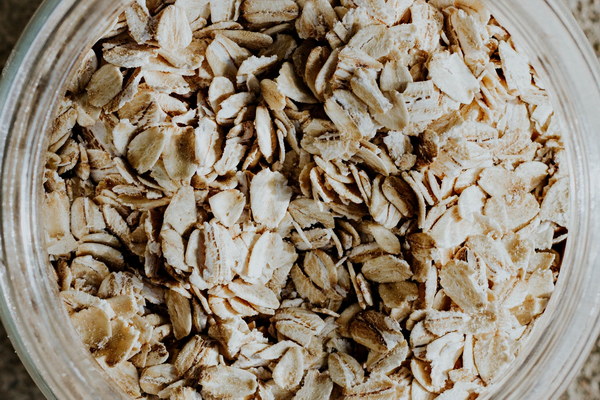Nurturing Your Lungs Without Overburdening Your Stomach A Guide to Harmonious Lung and Spleen Care
In the pursuit of maintaining a healthy body, it is essential to recognize the interconnected nature of the organs within us. The lungs and the spleen are two such organs that, when balanced, contribute significantly to overall well-being. However, it is not uncommon for one's lung care practices to inadvertently harm the spleen. This article delves into the art of nurturing your lungs without overburdening your spleen, offering practical tips and insights.
Understanding the Interplay Between the Lungs and the Spleen
The lungs and the spleen are closely related in traditional Chinese medicine (TCM), where they are considered to be in a mutual relationship. The lungs are responsible for taking in the pure Qi (vital energy) from the air we breathe, while the spleen is responsible for transforming and transporting the nutrients from the food we eat into Qi and blood. This interdependence makes it crucial to support both organs in their respective functions.
Balancing Your Diet
One of the first steps in nurturing your lungs without overburdening your spleen is to pay attention to your diet. Here are some general guidelines:
1. Choose Light and Easy-to-Digest Foods: Opt for foods that are light and easy on the stomach, such as lean proteins, vegetables, and grains. Avoid heavy, greasy, or fried foods, as they can be difficult for the spleen to process.
2. Incorporate Spleen-Supporting Foods: Include foods known to support spleen function, such as sweet potatoes, millet, quinoa, and white rice. These foods are considered to be nourishing for the spleen and can help maintain its balance.
3. Avoid Cold and Raw Foods: Cold and raw foods can be detrimental to the spleen, as they can weaken its ability to transform and transport nutrients. Instead, opt for warm and cooked foods.
4. Stay Hydrated: Adequate water intake is crucial for both the lungs and the spleen. It aids in the elimination of toxins and helps maintain the balance of body fluids.
Lung-Spleen Complementary Foods
Certain foods are known to benefit both the lungs and the spleen. Here are some examples:
- Ginger and Turmeric: Both spices are known for their anti-inflammatory properties and can help support lung and spleen function.

- Mushrooms: Certain types of mushrooms, like reishi and shiitake, are believed to boost the immune system and support lung health.
- Green Tea: Green tea is not only beneficial for the lungs due to its antioxidants but also supports the spleen by aiding in digestion.
Herbal Remedies and Supplements
Herbs can be a valuable addition to your lung and spleen care routine. Some commonly used herbs include:
- Astragalus: Known for its immune-boosting properties, astragalus can support lung function and help ward off infections.
- Bupleurum: This herb is often used to support the liver, which in turn supports spleen function.
- Licorice Root: Licorice root can help soothe the lungs and support spleen health.
Mindful Breathing Practices
Breathing exercises can help strengthen the lungs and support spleen function. Here are a few practices to consider:
- Diaphragmatic Breathing: This technique involves deep, diaphragmatic breaths that help to expand the lungs and improve oxygenation.
- Yoga: Practices such as pranayama (breath control) and specific yoga poses can support lung and spleen health.
- Meditation: Mindful breathing and meditation can help reduce stress, which is beneficial for both the lungs and the spleen.
Conclusion
Caring for your lungs without overburdening your spleen is a delicate balance that requires attention to diet, lifestyle, and the use of complementary practices. By following the tips outlined in this article, you can nurture your lungs and spleen in harmony, leading to a healthier and more vibrant life. Remember, it is always best to consult with a healthcare professional or a TCM practitioner before starting any new health regimen or herbal treatments.









